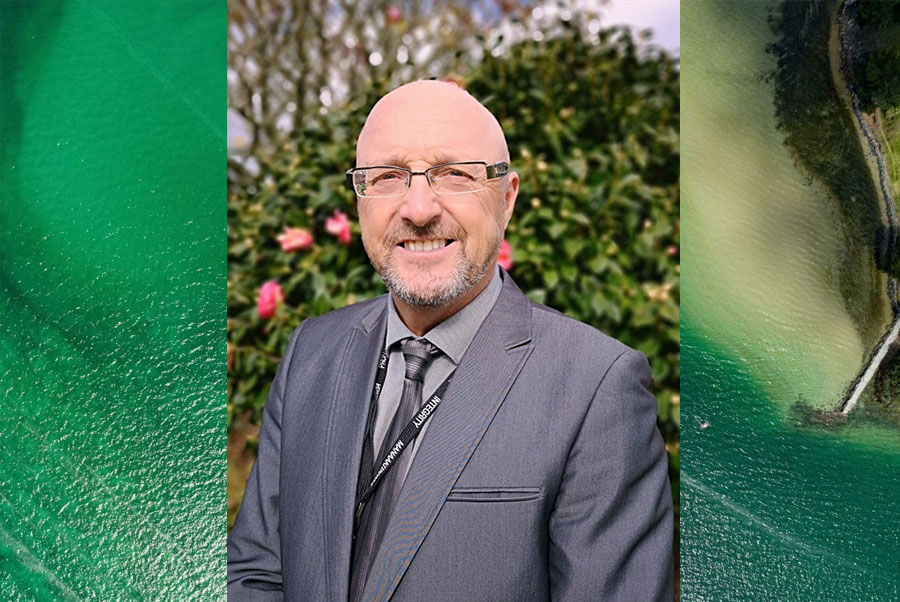There are so many reasons why I always encourage employers to consider using a niche recruitment agency when making a senior appointment. Agencies are not only adept in assisting clients to accurately define the job specification and skill requirements of the vacant position but they also have ready-made databases of candidates who have already been vetted and can bring the required experience or are ready for promotion to the next level. There is another, less obvious reason for employers to use a recruitment agency – to ‘suss-out’ those candidates who may be (ahem) ‘economical with the truth’.
Who checks-out the veracity of what candidates say at interview and the story they narrate on their resume? The issue of ‘job application fraud’ is a bigger problem than you might think. In my experience, a significant minority of job candidates are not fully candid on their CVs and indeed some are downright fraudulent. I don’t need to stress the risks to employers of appointing someone who isn’t qualified or experienced enough for the role; what’s more nobody wants to recruit (and be seen to have done so) a fraud as their Council CEO, General Manager or Manager.
Good recruitment consultants will always fully check-out an individual before the client extends a job offer – indeed companies like Blackadder Associates do so often at the pre-shortlisting stage otherwise certainly before a job is offered. Most of the time this is straightforward – candidates are who are who they say they are, however a minority of background checks do unearth issues of concern. Here are a few ‘resume scams’:
Institution and degree/diploma: One of the most common is the problem of candidates who say they graduated from University X or Business School Y, but can’t produce documentation and enquiries at the registrar’s office draw a blank.
Grade of qualifications, police record, bankruptcy: Candidates have been known to ‘gild the lily’, to exaggerate their grades. Again, seeing the original degree certificate is a must, and engaging a reputable firm to do not only checks of qualifications claimed, but also whether the candidate has a police record and is an undischarged bankrupt is essential.
Vague employment details: Some Candidates change the starting and ending date of a period of employment to cover any gaps between one experience and another.
There are a range of techniques which a professional recruitment agency will use to check the bona-fides of candidates. They include:
- Go with your gut feeling – the first thing to trust is your intuition. This is particularly true for a professional recruiter who has seen it all before: if you feel that something doesn’t stack-up about a candidate’s story then follow your instincts and dig deeper with further questions that confirm or dispel your hunch.
- Pre-shortlisting screening – Blackadder Associates always pre-screens candidates. This informal chat is normally face-to-face, or occasionally via skype or FaceTime. This gives a chance to get the candidates to really open up about themselves, whilst always carefully listening for consistency between what is said and what is in the application and CV.
- The ‘come-clean’ question – A personal favourite method of mine in trying to ensure that candidates are being as truthful and open as possible, is to inform them that we have a standard procedure of cross checking all the information which candidates give us. I then say in a completely matter-of-fact and non-accusative manner – “Will this process of verification show up anything different from your CV, and if that is the case perhaps you would like to share that with me now?” Over the years, I have seen a number of applicants open up to this line of questioning and provide an alternative version of their CV.
- Use a standard interview procedure – good recruitment and equal employment best practice dictate that formal interviews follow a standard questioning procedure, that is, to ask the same questions in the same format. Another benefit of this approach is that if someone gives an unusual answer or appears to ‘talk-up’ a claim for something they have achieved, this stands out more when compared directly with other candidates.
- Look as well as listen – Both during informal pre-screening session and the formal job interview, I have always found it useful to observe body language, as it can be a guide to revealing any lack of honesty. While the value placed on body language should not be overestimated, an experienced professional recruiter really can detect certain types of clues which can be effective in determining if a candidate is being less than honest.
- Check the CV and check it again – there are certain parts of a CV that merit particular scrutiny – the qualification award claimed is one and the date of award is another. Any employment gap is another – why did they leave a role – why is there a period without a job and what did they actually do during this period.
- Check Social Media – visiting social network profiles (Facebook, Twitter and LinkedIn,) or indeed a simple Google search can unearth some interesting stories. An assault conviction or a dismissal are incidents that have been discovered in the past. Not everyone will embrace social media and a person’s right to privacy should be respected.
- Undertake full reference checks – the importance of comprehensively checking references cannot be overstated. Blackadder Associates normally insists that the names of at least 3 referees are made available (usually the current employer, a council partner or community leader, and a governing body representative – a Mayor or Councillor the candidate has worked with). They ask a specific bank of questions, enquiring about both the candidate’s achievements, their ability to build relationships with others, and any limitations or development areas they may have from the referee’s perspective.
- Follow-up questions – although I have been at pains to stress the importance of questioning each of the candidates consistently during formal interview, there is still scope to ask a follow up or supplementary question. This is particularly useful when a candidate’s answers are too vague and don’t provide sufficient detail. Perhaps they are hiding something, and the supplementary question allows you to dig more thoroughly with specific questions.
A CEO appointment for a council is an absolute privilege – the opportunity to appoint your own CEO does not come along too often. Making the wrong appointment can be hugely costly in productivity and loss of staff morale, not to mention that being duped by a fraudulent candidate can be enormously embarrassing and damaging for the reputation of the Council and, of course for the personal reputations of the Mayor and councillors involved in the appointment. Using the services of a reputable recruitment specialist can help to overcome these risks.
While the thrust of this article is about giving employers advice about how to spot lies and half truths on candidate resumes, it is worth also offering a ‘heads-up’ for anyone tempted to try and ‘brag’ their way to the top. A huge risk it is to go through the application and interview process with a CV based on anything less than the truth. Chances are you will be rumbled before interview, and even if you get the job offer, how will you feel losing the offer by making up a degree or a past employer to try and make your CV look more impressive. Even if you do get the job, one which you might occupy for years, one day somebody from your past bumps into your current Mayor at (say) a conference – whoosh…you are rumbled, gone, you’re fired, your reputation is toast – totally unemployable. Yes, it happens!
William J Taylor MBE
Will Taylor is a writer, consultant and public speaker. He is a former council CEO and management consultant with has extensive local government experience in the UK and Australia.




